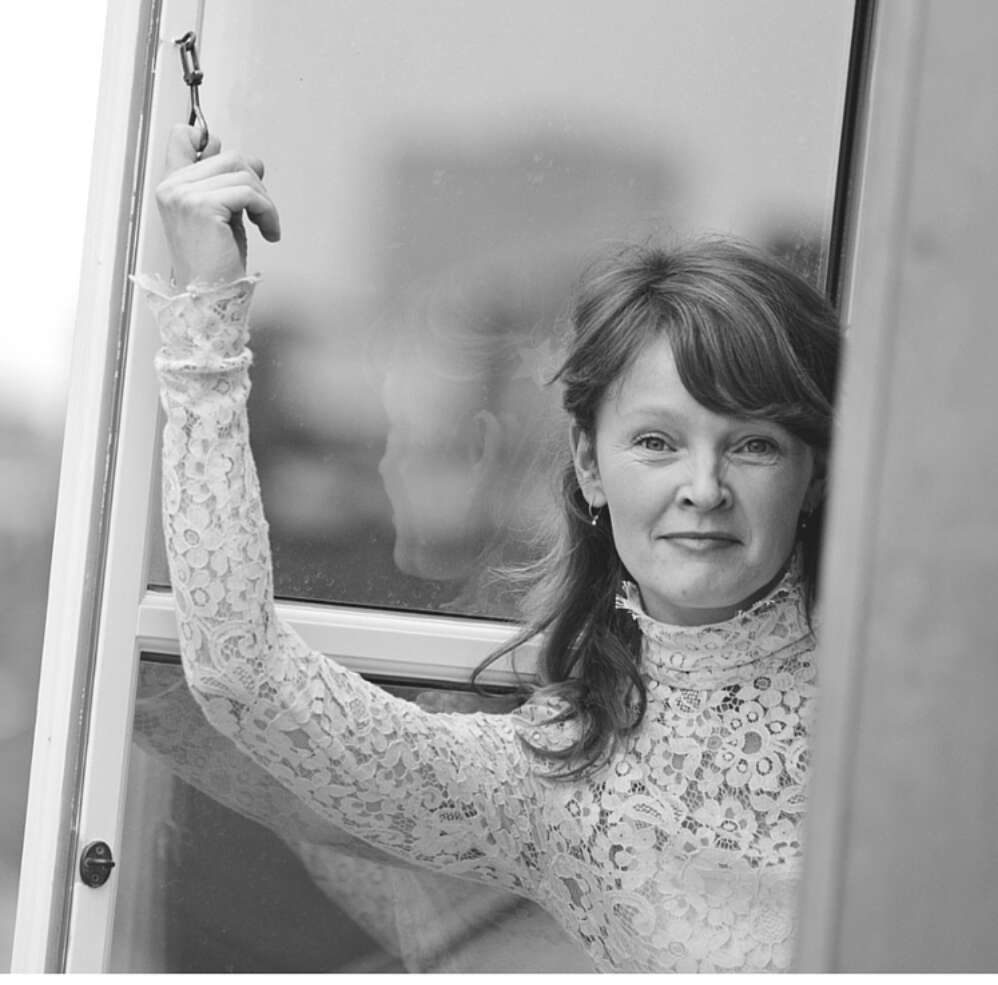
Tine Fischer: 'documentaries have a responsibility in our society'
Tine Fischer: 'documentaries have a responsibility in our society'
Leading international documentary festival CPH:DOX will kick-start March 16 under its new spring edition. We spoke to festival director Tine Fischer.
What has been the impact of the change of dates on the selection process and attendees?
Tine Fischer: Firstly, we ended up moving the festival from its previous October slot to March because the dates were clashing with IDFA and it didn’t make sense for two major documentary festivals to be so close to each other. Before, the autumn calendar was very busy because of Leipzig, CPH:DOX, IDFA; now it’s busy in a different way. We have Sundance and Berlin just before us and it’s a very different landscape. We are in close discussions with them on their selection process. It’s very interesting to be able to bring many world premieres from Sundance to Europe and to be out of the more competitive landscape with IDFA.
In terms of attendance we did a survey and asked delegates what date would be the most convenient for them, and there was a consensus on early spring. We have therefore a lot more people attending who couldn’t come before, especially from overseas.
Was it easier then to put your hand on top Scandi world premieres?
TF: Yes. In March, we are hitting a new festival cycle and have access to more exciting projects. Out of 13 world premieres in the main competition, six of them are Nordic. We are now an essential platform for Scandi producers who want a launch pad for their films early spring.
Why did you add a fifth competition strand, NEXT:WAVE?
TF: We’ve been discussing many years whether we should have a shorts programme, or talents programme. Now we’ve come up with this Next: Wave programme that still adheres to our motto which is to push boundaries. This is a strand not only for film students, but also for new talents with an aesthetic visionary approach to documentary filmmaking.
What are your coups de coeur and discoveries among the Nordic competition titles?
TF: If we look at the DOX:Awards nominees, what’s interesting is that there are very established names -such as Jeppe Rønde, Mads Brügger, Phie Ambo- next to ‘wild’ upcoming talents like Samira Elagoz from Finland who directed Craigslist Allstars. It’s a very fresh film, different from the rest of the programme. Kristoffer Borgli from Norway who directed DRIB is also very innovative. The two directors push the definition of documentary filmmaking, and they should find a good place on the international festival circuit. Then of course there is Last Men in Aleppo that will most probably screen everywhere in the world as it’s such an important film.
Are there common thematic threads?
TF: As always with documentaries, films reflect a civil society and global political agendas but it’s even more valid today. War in Syria, refugees, crisis in democracy with the rise of populist movements in Europe, Brexit implications, media and politics. All these urgent topics are on display.
What role can a platform like CPH:DOX play at a time when fake news make headlines, facts are questioned and democratic values are undermined?
TF: The entire documentary community has always had a role to play but today it’s even clearer that documentaries have a responsibility in our society. Documentary is an answer to fake news. It’s not only about having one truth, but also about approaching the world in a more complex way. There are no villains and heroes in docs.
What are the major novelties at CPH:DOX on the industry side?
TF: On the industry side, as we decided to move our dates, we’ve prepared a different edition. Before, we were mainly relying on CPH:DOX FORUM. Now we’ve introduced a larger industry platform. For instance, we’re collaborating with BRITDOC and organising a full day event on March 24th for Good Pitch Europe, then with Documentary Campus, we are launching a five-day conference focusing on technology, serialised content, impact, art and science. We’ve also launched a project together with the Berlinale and Rotterdam called ‘Propellor’. It’s an incubator for film industry people who want to explore new ways of producing content and distributing films within the new media world. Professionals can still attend, even without a project at the Forum.
Will the new forms of distribution in the digital age be hot topic as well?
TF: Absolutely. Adapting to new forms of distribution is vital. VOD platforms have become major players. But if documentary producers, creators want to stick to a more collective type of audience engagement and make sure a variety of films are available, then they need to work at it and team up with tech pros to develop new types of distribution initiatives.